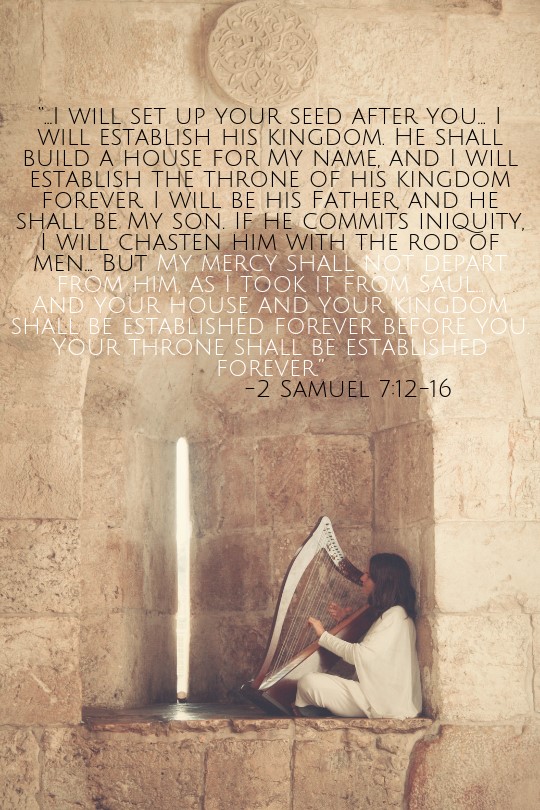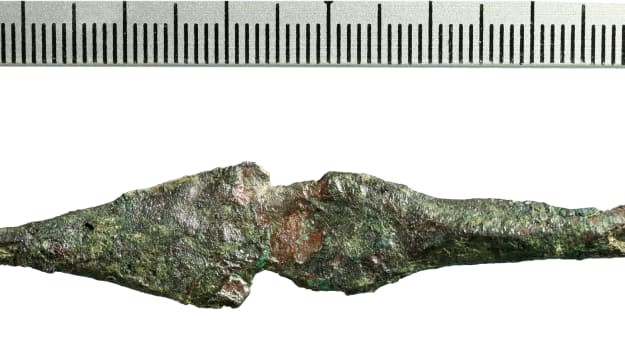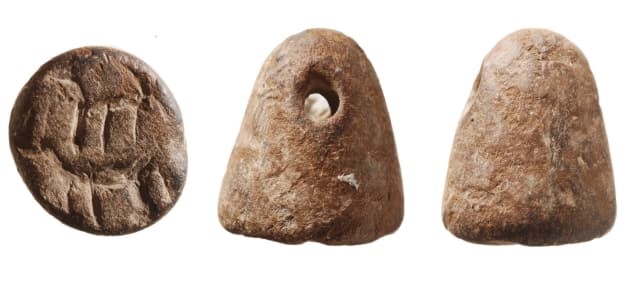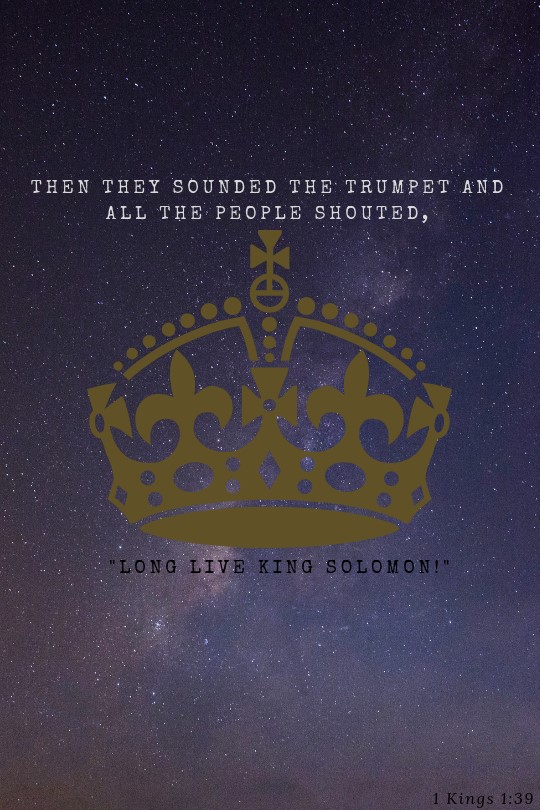The Importance of Prophets – Part 12

In part One of this series we examined the basic importance of prophets, as well as, who and what are the ‘major’ and ‘minor’ prophets of the Word. Additionally, in Parts One and Two, we studied the three ‘major’ prophets: Isaiah, Jeremiah, and Ezekiel. Then we turned our focus to the twelve ‘minor’ prophets beginning with Hosea, Amos and Jonah in Parts Three and Four; Joel, Obadiah, Micah and Nahum in Parts Five and Six; Habakkuk, Zephaniah, Haggai and Zechariah in Parts Seven and Eight; concluding with Malachi in Part Nine.
In this part, we will continue in our examination of the ‘Old Testament Prophets’…
Prophets of the Old Testament:
As we discovered in Part One of this series there are—according to some sources—two classifications of Old Testament prophets whom we have examined thus far: ‘major’ and ‘minor’ prophets.
Yet, while the majority of Old Testament prophets—who feature in more than one or two chapters of the Word—fall into these two categories, there are some, such as, Elijah and Elisha (who we examined in Part Ten), Samuel (Part Eleven), Nathan, and occasionally, Daniel, who are not categorized as either ‘major’ or ‘minor’ prophets despite their biblical and prophetic importance. These prophets we will simply categorize as ‘Old Testament Prophets.’
Nathan:
Nathan, meaning gift, or, to give, is the first substantial prophet to follow Samuel, prophesying to King David—a man after God’s heart—and helping David’s son, Solomon—a man God loved—who would succeed him as king. Unlike Samuel, we do not know anything of Nathan as a child, or even his family lineage save for a brother, Joel, who was a commander in David’s army. Yet, Nathan being an advisor to a king with close relationships with many members of the royal family, the brother of a high ranking commander, as well as a prophet of the Lord, indicates that he was an important member of Israeli society and culture—even when some of God’s words spoken through him were unpleasant.
Nathan, unlike Samuel, lived during a time when the rulers and judges of the land heeded the Lord, and followed after Him. Furthermore, while there were wars during the time of David, Solomon was handed a kingdom of peace, meaning that even during David’s lifetime many of Nathan’s prophecies were not filled with knowledge from God on wars, battles, or keeping neighboring nations in check.
| Prophets | King | Years of King’s Reign (B.C.) |
| Samuel and Nathan | David | 1010-970 |
| Nathan | Solomon | 970-930 |
Yet, to know the whole story of Nathan, we must start with a time in David’s life when Saul had passed and David had been king for many years. In that time, David followed diligently after the Lord as he cared for the land of Israel, bringing about the defeat of Israel’s enemies and building up her cities, such as Jerusalem, which he made his capital and built a palace of cedar within. It was soon after the completion of his palace in Jerusalem that David began to desire to build the Lord a permanent dwelling place. He spoke of his desire to the prophet Nathan, and Nathan, knowing that the Lord was always with David, told him to do whatever he had in mind. However, that night the Lord spoke to Nathan, telling him that He did not ask for such a thing, and so, Nathan not being too proud in his own words went to David, speaking the words the Lord gave him, refuting his own in the process…
“…This is what the Lord says: Are you the one to build me a house to dwell in? I have not dwelt in a house from the day I brought the Israelites up out of Egypt to this day… Wherever I have moved with all the Israelites, did I ever say to any of their rulers whom I commanded to shepherd my people Israel, ‘Why have you not built me a house of cedar?’” —2 Samuel 7:5-7 (NIV)
Yet, the Lord, knowing the intent and desires of David’s heart spoke further through the prophet Nathan, saying that one of his sons would build the House of the Lord. So, Nathan and David both honored the intent of the Lord, neither acting in their own might… obeying His words.

Interestingly we do not see Nathan after this until chapter twelve of 2 Samuel, five chapters after we first meet him. In the course of time that we do not see him, David prayed to the Lord, defeated the Moabites, brought into his household the lame son of Jonathan, defeated the Ammonites, and finally fell into his greatest temptation… one that would soon have God sending Nathan to David’s side to confront him.
David, usually off to war with his army, instead sent Joab his commander alone and stayed in Jerusalem. Having difficulty sleeping one evening he went up to walk on the roof of his palace and from there, beheld a beautiful woman bathing. Sending men to discover who she was, they came back with the report that she was Bathsheba, the wife of a Hittite named Uriah, a soldier in David’s army. However, David, for once not following the will of the Lord, summoned her to him and she became pregnant. In an effort to hide this, he first tried to trick Uriah into sleeping with Bathsheba so that he might think the child his, and when that failed he sent Uriah into a fierce battle where arrows might rain down, ordering that those around him might retreat so Uriah would be slain. Further still, David then took Bathsheba for his wife, having succeeded in sending Uriah to his death.

(Credit: Zachi Dvira, Zeev Radovan and Hillel Richman. Bronze arrowhead found in rubble from the Temple Mount believed to be from the Solomonic era following Solomon’s completion of the First Temple.)
The Lord, displeased with David’s unholy behavior, sent Nathan to him to ask David a question, one that would bring David back to God—for unlike with rulers to come, such as Ahab, David desired to follow the Lord and would not kill a prophet of the Lord, no matter the report.
“The Lord sent Nathan to David… ‘There were two men in a certain town, one rich and the other poor. The rich man had a very large number of sheep and cattle, but the poor man had nothing except one little ewe lamb he had bought. He raised it, and it grew up with him and his children. It shared his food, drank from his cup and even slept in his arms. It was like a daughter to him.’
“‘Now a traveler came to the rich man, but the rich man refrained from taking one of his own sheep or cattle to prepare… for the traveler… Instead, he took the ewe lamb that belonged to the poor man…’
“David burned with anger against the man and said… ‘As surely as the Lord lives, the man who did this must die! He must pay for that lamb four times over, because he did such a thing and had no pity.’
“Then Nathan said… ‘You are the man! This is what the Lord, the God of Israel, says: “I anointed you king over Israel, and I delivered you from the hand of Saul. I gave your master’s house to you, and your master’s wives into your arms. I gave you all Israel and Judah. And if all this had been too little, I would have given you even more. Why did you despise the word of the Lord by doing what is evil in his eyes?…”’
“Then David said… ‘I have sinned against the Lord.’
“Nathan replied, ‘The Lord has taken away your sin. You are not going to die. But because by doing this you have shown utter contempt for the Lord…’” —2 Samuel 12:1-9, 13-14 (NIV)
And Nathan prophesied that the son Bathsheba had conceived by David—while she was still married to Uriah—would die, and soon after it came to pass that the child became ill and passed away. Yet, the Lord was still merciful, not only removing David’s sin, but giving David and Bathsheba another child to heal their hearts—Solomon, who would reign over all the tribes as king, like his father before him.
“…So she bore a son, and he called his name Solomon. Now the Lord loved him, and He sent word by the hand of Nathan the prophet: So he called his name Jedidiah, because of the Lord.” —2 Samuel 12:24-25 (NKJV)

(Credit: Zeev Radovan. Seal found in rubble from the Temple Mount believed to be from the Solomonic era after Solomon’s completion of the First Temple.)
After this, we do not know of any interactions between Nathan and David until David was nearing the end of his days and one of his sons—Adonijah, not destined by David nor God for succession—tried to take the throne.
For in that time, David was weak and frail, unable even to stay warm due to his advanced years. Adonijah, with the help of his companions and supporters, declared himself king while his father was still living. Yet, after his self-made coronation, when he went to sacrifice to God, Adonijah did not invite Nathan, nor Zadok the Priest, nor Solomon—the son meant to be king—nor any others, such as David’s mighty men, who had opposed him. Then it came to pass that Nathan conferred with Bathsheba, asking her if she knew what had happened. Nathan then advised her how to bring about Solomon as king, as David had promised and God desired.
“Now then, let me advise you… Go in to King David and say to him, ‘My lord the king, did you not swear to me your servant: “Surely Solomon your son shall be king after me, and he will sit on my throne”? Why then has Adonijah become king?’ While you are still there talking to the king, I will come in and add my word to what you have said.”
“So Bathsheba went to see the aged king in his room… Bathsheba bowed down, prostrating herself before the king…” —1 Kings 1:12-16 (NIV)
So she spoke all that Nathan had told her and Nathan, in turn, entered the presence of the king to confirm her words—speaking that which would bring the will of the Lord to pass. David, wishing to please both God, the prophet, and Bathsheba—as well as keep his own word—quickly saw to it that Solomon became king.
Therefore, at David’s behest, Nathan the prophet and Zadok the priest took Solomon, mounted on David’s mule, to Gihon Spring and anointed Solomon. There they proclaimed Solomon king with the sounding of the trumpet as the people of the land shouted, “Long Live King Solomon!” (see 1 Kings 1:38-39)

After this we do not hear of Nathan again, though indeed, he may have been advanced in years at this time, for Solomon was twenty when he became king and Nathan had spoken and prophesied to David many years before Solomon’s birth. However, since we do not know how old Nathan was when he first began to prophesy to the king, it may simply be that the rest of Nathan’s life was unchronicled—though, it is fairly certain Nathan would have prophesied and advised Solomon until he became too old to do so, particularly after assuring that Solomon became king.
We do know for certain though that Nathan was indeed an important prophet with access to King David, his wife Bathsheba, and even his son, Solomon. He was given the privilege of anointing Solomon, God’s chosen, as king over God’s people. Furthermore, he advised David and was in relationship with God, hearing the word of the Lord and speaking it, even when it might risk his own safety or reputation.
Thus, Nathan followed the Lord all the days of his life, honoring God and doing His will.
During the course of this series we will continue to examine the lives of prophets of the Word. We will see how those of the Old Testament prophesied not only of what was about to occur—or would occur without action—but how they laid out prophecies which not only came about during the days of Jesus, but are still coming to pass to this day!
Finally, we will examine New Testament prophets and how, from the book of Matthew to Revelation, what was and is to come, was revealed to us in part…